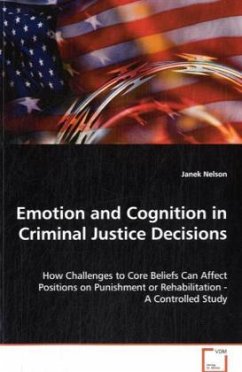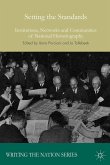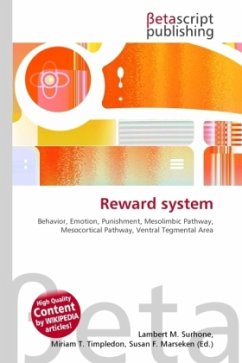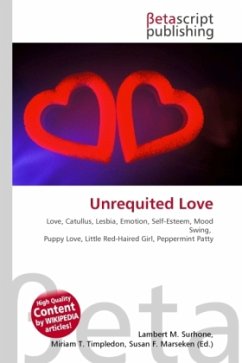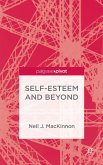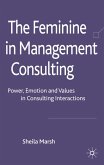Considerable tension exists between supporters ofcompeting sides of a policy debate (e.g., liberalsand conservatives). This book describes researchprobing how political partisans' decisions andemotions are affected by hearing statements thatsupport or oppose their beliefs, such as are heard inpolitical debates, or courtroom arguments. Theprimary focus is on how emotions and judgments areinfluenced in regards to the punishment orrehabilitation deserved by a defendant in a murdercrime. A set of general beliefs underlying theopposing criminal justice attitudes are developed.These are also applicable to other policy issues suchas affirmative action, immigration, terrorism andsocial security, as they relate generally todecisions regarding deservingness, blame andforgiveness. Some content describes how these beliefsrelate to the perceived rate of verdict errors andlikely guilt of defendants. Professionals interestedin criminal justice beliefs or entrenchment inpolitical controversy, aswell as non-professionalsinterested in the general emotions and beliefdifferences between rehabilitation or punishmentsupporters will find this work interesting and useful.

